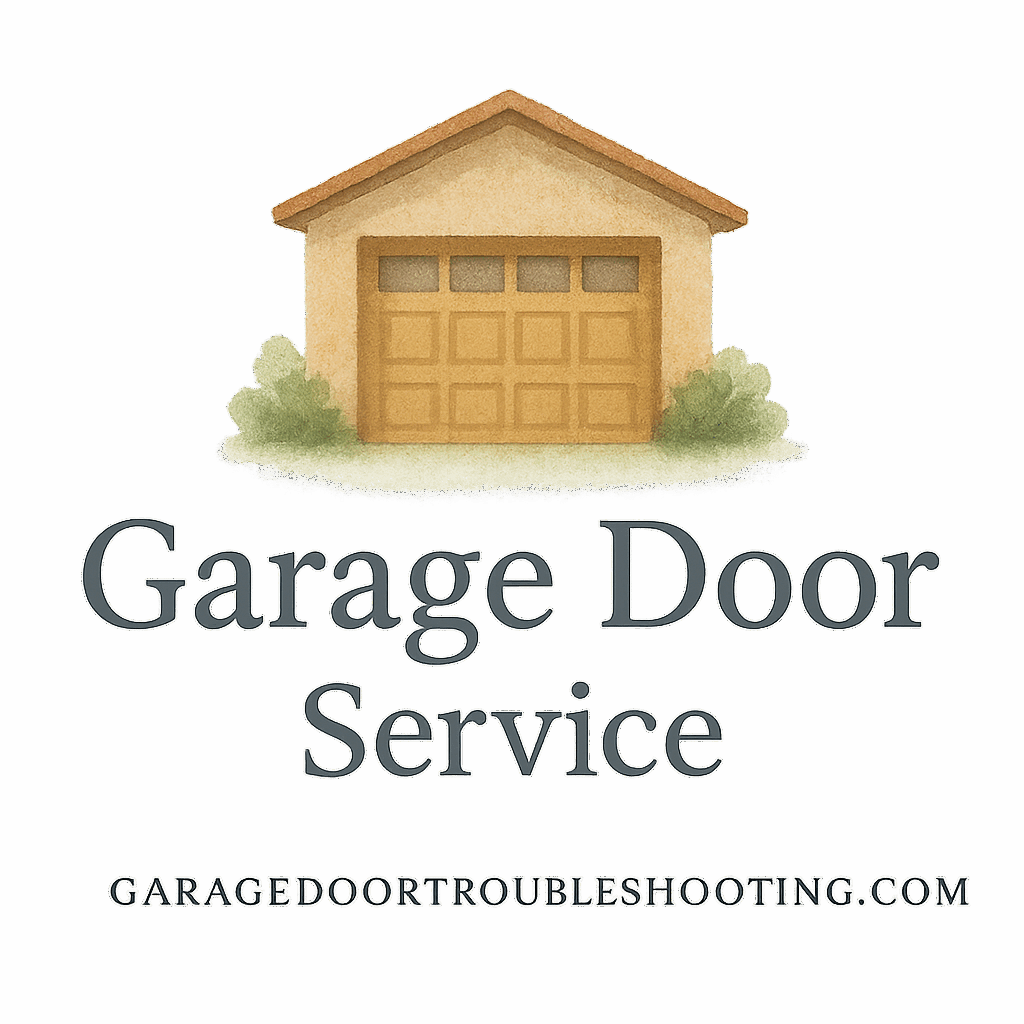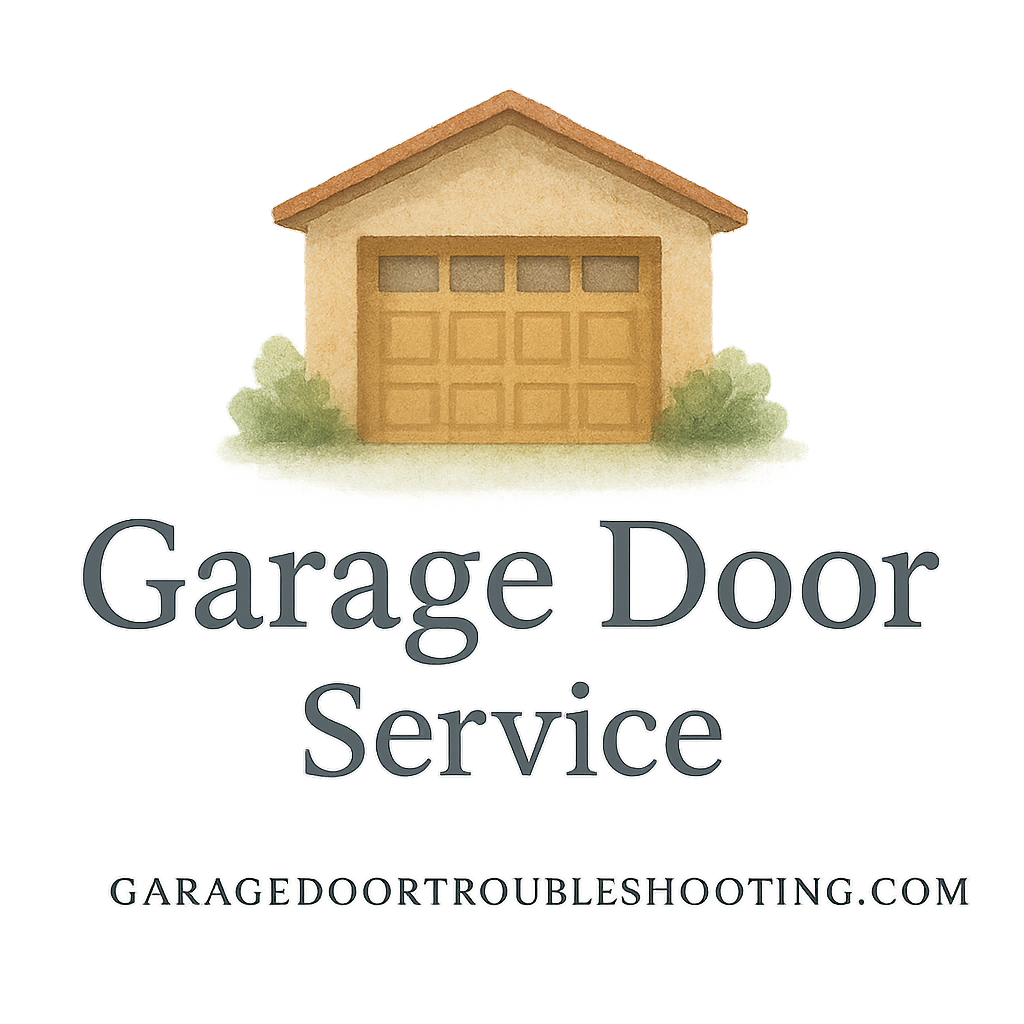Why Garage Door Longevity Matters
Your garage door is more than just an entryway—it’s a security feature, a shield against weather, and a big part of your home’s curb appeal. Keeping it in top condition isn’t just about looks; it’s about safety, savings, and convenience.
Cost Savings from Preventive Measures
Did you know small preventive steps can save you thousands in repairs or even a full replacement? Regular maintenance stretches the life of repairs and keeps your budget in check. Check out these garage door maintenance tips for more insights.
Safety and Family Protection
A failing garage door can put your family at risk. From heavy doors falling to compromised security, the stakes are high. That’s why garage door safety and security should always be a priority.
Trick #1: Regular Lubrication of Moving Parts
Lubrication is like giving your garage door a refreshing drink of water—it keeps everything running smoothly.
Choosing the Right Lubricant
Avoid WD-40 for the main components; instead, use a silicone-based or lithium grease specifically made for garage doors.
How Often Should You Lubricate?
A good rule is every six months. Mark it on your calendar or set a phone reminder.
Trick #2: Tighten Loose Bolts and Hardware
Loose bolts can sneak up on you, causing your garage door to wobble or rattle.
Signs of Loose Connections
If you hear clunking or see parts shifting when the door moves, it’s time to grab your tools.
Tools You’ll Need
Just a simple socket wrench set does the job.
Trick #3: Balance Your Garage Door
An unbalanced door makes the opener work harder, shortening its lifespan.
Why Balance Affects Longevity
A door that’s off-balance puts uneven strain on springs and rollers.
Easy DIY Balance Test
Disconnect the opener, lift the door halfway, and see if it stays put. If it doesn’t, call a pro.
Trick #4: Replace Weatherstripping
Weatherstripping is the unsung hero that keeps dirt, rain, and critters out.
Benefits of Fresh Seals
It saves energy, protects the garage interior, and even reduces noise.
When to Replace Them
Check annually for cracks or gaps.
Trick #5: Clean and Clear the Tracks
Dust, dirt, and small pebbles can cause grinding and premature wear.
How Dust and Debris Wear Your Door
Friction damages rollers and misaligns tracks.
Best Cleaning Techniques
Use a damp cloth first, then a mild household cleaner.
Trick #6: Inspect and Replace Rollers
Rollers carry the weight of your garage door every single day.
Types of Rollers to Consider
Nylon rollers are quieter and more durable than steel.
Replacement Timelines
Inspect twice yearly and replace every 7–10 years.

Trick #7: Maintain the Garage Door Opener
Think of your opener as the brain of the operation—it deserves attention.
Common Signs of Opener Stress
Grinding noises, sluggish response, or failure to fully close.
Remote Battery Checks
Don’t overlook the simple fix: fresh batteries.
Trick #8: Test Auto-Reverse Safety Features
This feature saves lives and prevents accidents.
How to Run a Safety Test
Place a solid object under the door. If it doesn’t reverse, it’s time for repairs.
Why This Prevents Costly Repairs
Early detection avoids bigger issues with sensors and openers.
Trick #9: Protect Against Rust and Moisture
Moisture is a garage door’s worst enemy.
Anti-Rust Treatments
Use rust-resistant paint and apply anti-corrosion sprays.
Seasonal Maintenance Tips
Inspect more often during rainy or snowy seasons.
Trick #10: Don’t Ignore Small Noises
Every squeak or rattle tells a story.
Common Sounds and What They Mean
- Squeaking: needs lubrication
- Grinding: worn rollers
- Banging: loose hardware
Early Fixes That Save Repairs
Tackle noises early to avoid major repairs later.
Trick #11: Schedule Professional Inspections
Even the best DIY enthusiast can miss things.
Benefits of Expert Help
Professionals catch small issues before they snowball. Explore garage door services professionals for reliable help.
Choosing a Qualified Service Provider
Look for licensed, insured, and well-reviewed providers.
Trick #12: Avoid DIY on Dangerous Repairs
Some repairs are just too risky for homeowners.
High-Risk Garage Door Fixes
Spring replacement and cable repairs can be deadly.
Why Professionals Are Worth It
They have the right tools, knowledge, and safety gear. Learn more at dangerous repairs.
Extra Homeowner Tips for Garage Door Care
Preventive care doesn’t stop with the tricks above.
Setting a Maintenance Plan
Follow a seasonal or bi-annual maintenance plan to stay on track.
Communication with Service Providers
Ask the right questions and keep records of past services.
Conclusion
Extending the life of your garage door repairs isn’t rocket science—it’s about consistency, awareness, and knowing when to call in the pros. By following these 12 expert tricks, you’ll save money, protect your family, and keep your garage door running like new for years to come.
For more resources, explore garage door troubleshooting, including guides on installation advice, repair guides, and expert homeowner tips.
FAQs
1. How often should I service my garage door?
At least once a year, but bi-annual inspections are better for heavy-use doors.
2. What’s the most common garage door repair?
Broken springs and worn rollers top the list.
3. Can I do all maintenance myself?
Basic tasks like lubrication and cleaning are DIY-friendly, but high-tension parts require professionals.
4. How do I know if my garage door opener needs replacement?
Frequent breakdowns, loud noises, or outdated safety features are signs.
5. Is nylon better than steel rollers?
Yes, nylon is quieter, requires less maintenance, and lasts longer.
6. Can weatherstripping really extend the life of repairs?
Absolutely! It protects your door and opener from unnecessary strain caused by dirt and weather.
7. Are garage door service contracts worth it?
Yes, a service contract ensures regular maintenance and priority service in emergencies.


